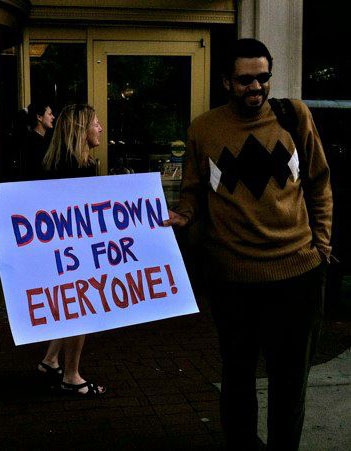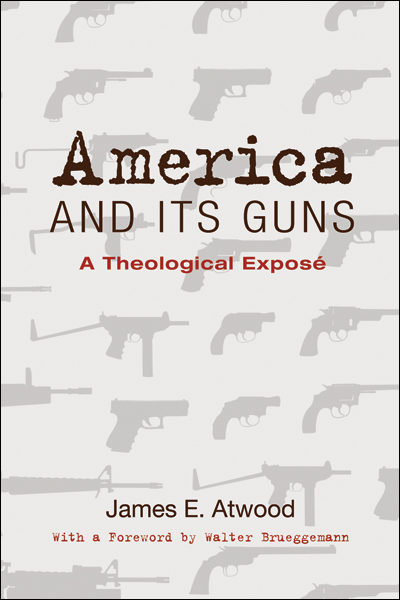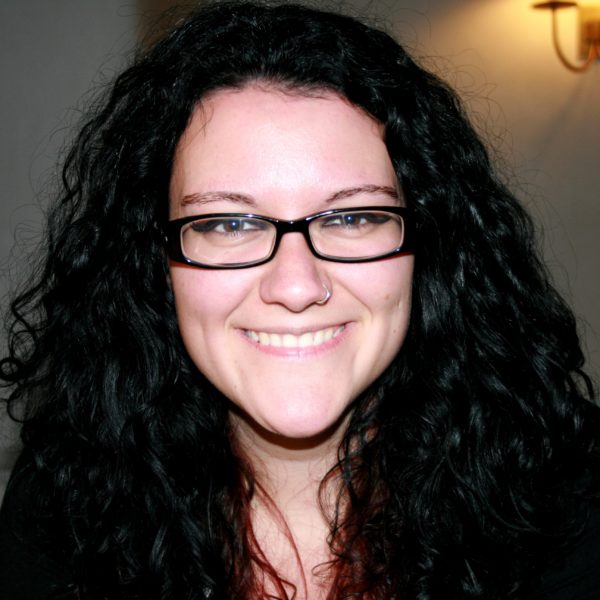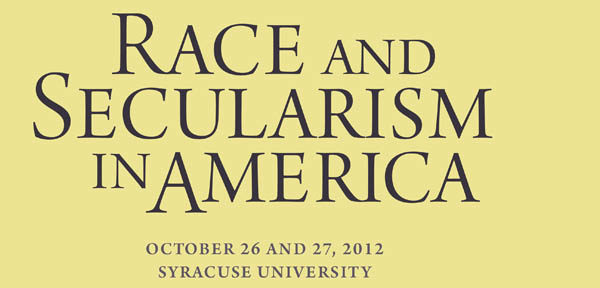
The editors of Political Theology are pleased to announce that Vincent Lloyd of Syracuse University is the newest member of the journal’s editorial team. Lloyd agreed to join the team as one of the editors beginning November 1. He had been a frequent contributor to both the journal and a contributing editor to this blog. Below is a short bio as well as links to more about Lloyd’s research and his book, The Problem with Grace…
Over the summer posts on this blog have discussed Giorgio Agamben’s The Kingdom and the Glory. Longer versions of some of these posts will be featured in an upcoming issue of the print version of Political Theology.
Here are links to each of the online contributions to the symposium: […]

The purpose of this book is the clarification of the American mind, especially Evangelicals [….]

As the golden calf gave the ancients a false sense of security, many twenty-first century Americans look for security in weapons. When our leaders are absent or fail us; when our God is invisible and from all appearances is absent from our lives; when we don’t know how we can keep going; when we are consumed by our fears and feel threatened by those who are not like us, those are the moments when new idols are imagined and fashioned and desperate people give them their ultimate concerns, devotion, and focused attention.


